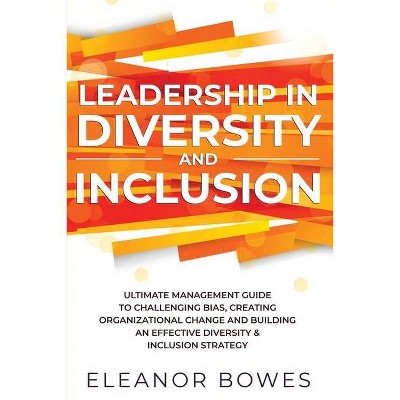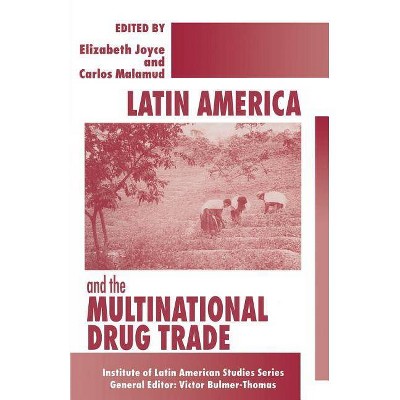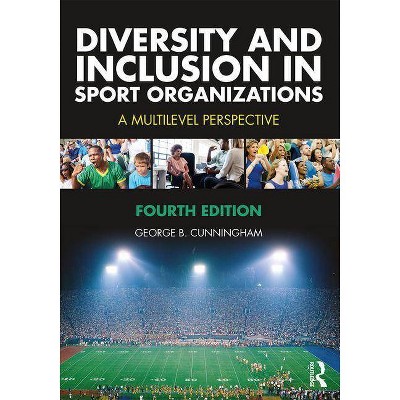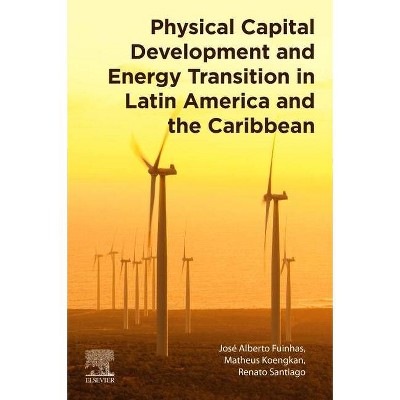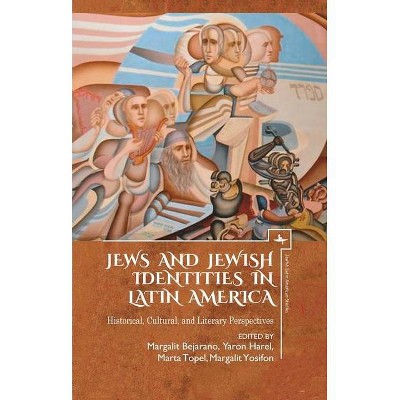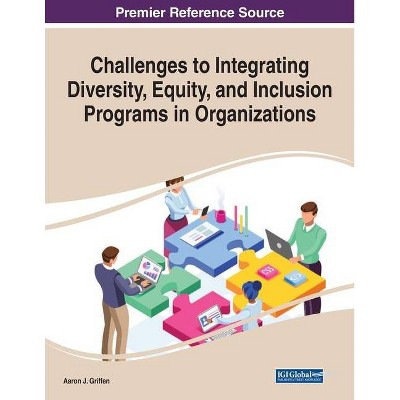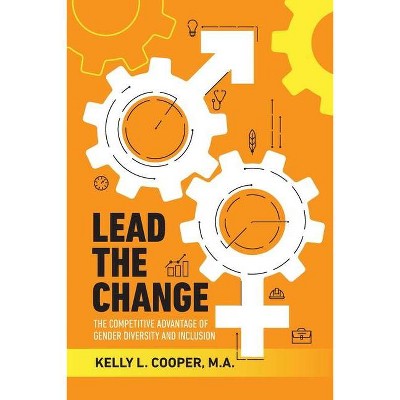Diversity and Inclusion in Latin American and Caribbean Workplaces - by Carlos Tasso Eira de Aquino & Ronald R Rojas (Paperback)
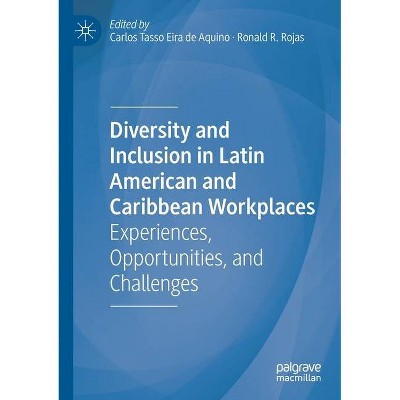
Similar Products
Products of same category from the store
AllProduct info
<p/><br></br><p><b> Book Synopsis </b></p></br></br><p><b><i>Chapter 1: Introduction: (Dr. Carlos Tasso Aquino)</i></b></p> <p>The workplaces in the Latin America and Caribbean regions in many ways present a paradox in that it has unique conditions that keep attracting businesses and yet many of the countries in the region also face serious challenges that can undermine many of these prospects. The simplistic assumption that Hispanics are all defined by a few cultural factors-whether from Central America, South America, Mexico, or the Caribbean-is misguided. Although there are commonalities among the cultures and subcultures within the Latin American region, there are also significant differences. This book addresses specific topics related to diversity and inclusion in the workplace that are relevant to Latin America and the Caribbean. By bringing those topics into a single textbook, we intend not only to address issues of Diversity and Inclusion from a regional perspective, but also foster awareness of regional outcomes that can impact the successful operations of global/multinational corporations and organizations that have customers and suppliers in this part of the world. This is a two-part book, where Part 1 addresses some of the emerging frameworks on diversity and inclusion in Latin America and the Caribbean workplace and part 2 lunges into some of the country specific actualities. The uniqueness of this effort resides in making available a single collection of workplace experiences, opportunities, and challenges that emerge from the nuances of diversity and inclusion dynamics in Latin American and Caribbean countries</p> <p><i>.</i><br></p><p><i></i></p> <p><b>Part I: Diversity and Inclusion - The LA&C Region</b></p> <p><b><i>Chapter 2: Diversity and Inclusion Scholarship: A Latin American and Caribbean Perspective (Dr. Carlos Aquino, Center of Excellence in Diversity and Inclusion, USA)</i></b></p> <p>Scholarship is a relevant component in the search for success by many educational institutions. Its importance is highlighted and enforced by different accreditation bodies all over the world, as an effort to pursue quality and relevant content in higher education. Besides being a learning provider, educational institutions need also to become and remain learning organizations, and the myriad of faculty, alumni and students related to them should believe and act towards lifelong learning. Diversity and Inclusion is one of the top topics today in this globalized and multi-cultured workplace we live. Scholarship in Diversity and Inclusion must remain at the forefront of institutions that want to succeed and be recognized as beacons of a diverse society we live in. This chapter describes a framework currently in action to be a milestone in fostering and achieving Diversity and Inclusion scholarship in Latin America and the Caribbean.</p> <p><b><i>Chapter 3: Cultural influences of Latin American perceptions on inclusion and diversity (Dr. Ronald Rojas, St. Vincent de Paul Regional Seminary)</i></b></p> <p>The literature tendencies on global organizational development are showing a shift in emphasis from diversity as a mandate towards inclusion as a workplace value, and therefore, to approaches that are more in step with interpersonal and relational frameworks. Consequently, this shift has also prompted research beyond the traditional American- European view of inclusion, where now more consideration is being given to the moderating effects of other national cultures. Along with these trends, this chapter argues that perceptions from national cultures within Latin American countries play a significant role in formulating diversity and inclusion strategies. Here, I argue that values typical of most Latin American and Caribbean countries as portrayed in Hofstede's cultural dimensions reinforce the notion that native cultures have a moderating effect on inclusion and diversity views and suggest these constructs are perceived differently than interpreted in most North Ame<p/><br></br><p><b> From the Back Cover </b></p></br></br>This book explores the workplace experiences, opportunities, and challenges that emerge from the nuances of diversity and inclusion dynamics in Latin American and Caribbean countries. While the first part of the book addresses emerging frameworks on diversity and inclusion in Latin America by examining the effects of history, traditions, and cultural differences, the second part offers case studies of country-specific actualities. The authors highlight that despite the many shared cultural aspects of the region, it is not homogeneous and there are significant differences from place to place. It follows then that a variety of cultural differences implies a variety of approaches to workplace values, and more specifically, to the understanding of diversity and inclusion. Examining topics such as gender identity, disability, and racial gaps in countries throughout the region, this book offers scholars a fresh perspective on an emerging region.<br><b>Carlos Tasso Eira de Aquino</b> is Executive Director of the Center for Professional Studies and Continuing Education at the United States Sports Academy, USA. <p/><b>Ronald R. Rojas</b> is Managing Director of the PRISM Leadership Consulting Group and Adjunct Instructor at St Vincent de Paul Regional Seminary, USA.<p/><br></br><p><b> About the Author </b></p></br></br><b>Carlos Tasso Eira de Aquino</b> is Executive Director of the Center for Professional Studies and Continuing Education at the United States Sports Academy, USA. <p/><b>Ronald R. Rojas</b> is Managing Director of the PRISM Leadership Consulting Group and Adjunct Instructor at St Vincent de Paul Regional Seminary, USA.<br>
Price History
Price Archive shows prices from various stores, lets you see history and find the cheapest. There is no actual sale on the website. For all support, inquiry and suggestion messagescommunication@pricearchive.us
